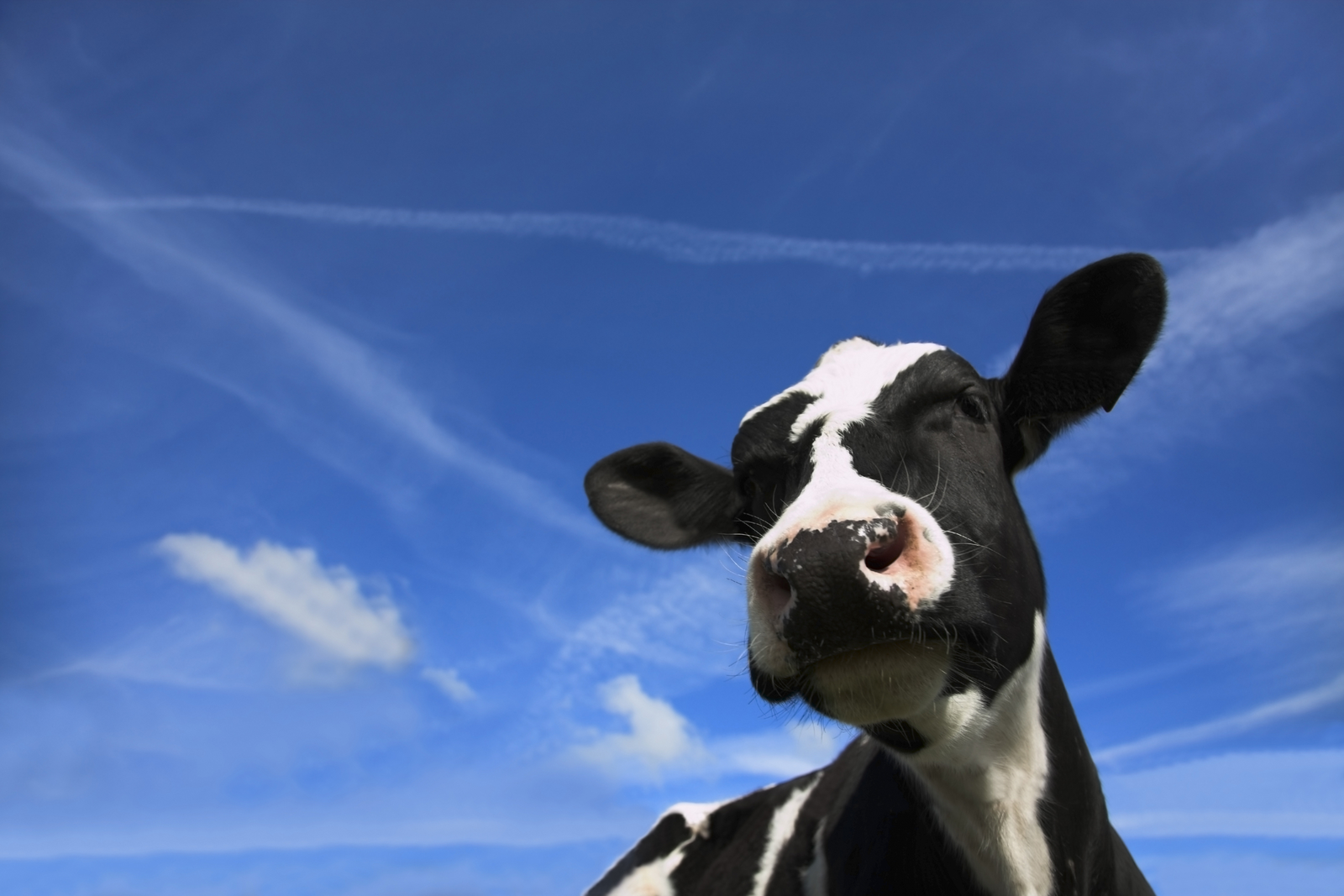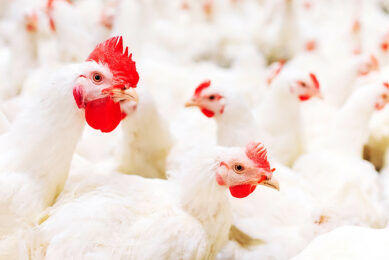3NOP supplement reduces methane by 30%

A supplement added to the feed of high-producing dairy cows can reduce methane emissions by 30 percent. But whether dairy farmers will actually start using such supplements depends on the overall benefits for the farm.
The article by Jeff Mulhollem and published on the website of Penn State University states that the researchers found the reduction by using a novel methane inhibitor 3-nitrooxypropanol (or 3NOP). This supplement blocks an enzyme necessary to catalyse the last step of methane creation by the microbes in the rumen.
Bodyweight increased
In a 12 week study, 48 Holsteins received varying amounts of the inhibitor in their feed and were observed at regular daily intervals over three months. Their methane emissions were measured when the cows put their heads into feeding chambers that had atmospheric measurement sensors, and also through nostril tubes attached to canisters on their backs. Although methane output was reduced, it was shown that the cows in the supplemented group gained 80 percent more bodyweight than cows in a control group. Significantly, feed intake, fibre digestibility and milk production by cows that consumed the supplement did not decrease.
Farmers need incentive
The 3NOP compound is developed by DSM Nutritional Products. If approved by the US Food and Drug Administration and adopted by the agricultural industry, this methane inhibitor could have a significant impact on greenhouse gas emissions from the livestock sector. But producers will have to have an incentive to use the feed additive. “It is going to cost money for dairy producers to put this into practice, and if they don’t see a benefit from it, they are not going to do it,” lead researcher Alexander Hristov, professor of dairy nutrition said. “The thing that is critical is body gain. Dairy cows go through phases, and they lose a lot of weight when they calf. They don’t eat enough, and they produce a lot of milk and lose weight, so if we can cut down the energy loss with the inhibitor, the animals will gain more body weight and recover more quickly. Further, they may produce more milk in early lactation and have improved reproduction. It’s something that will convince producers to use it.”
Source: Penn State University











